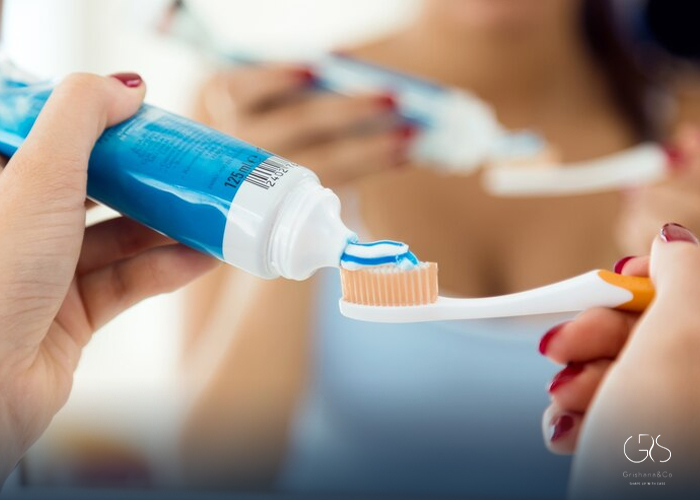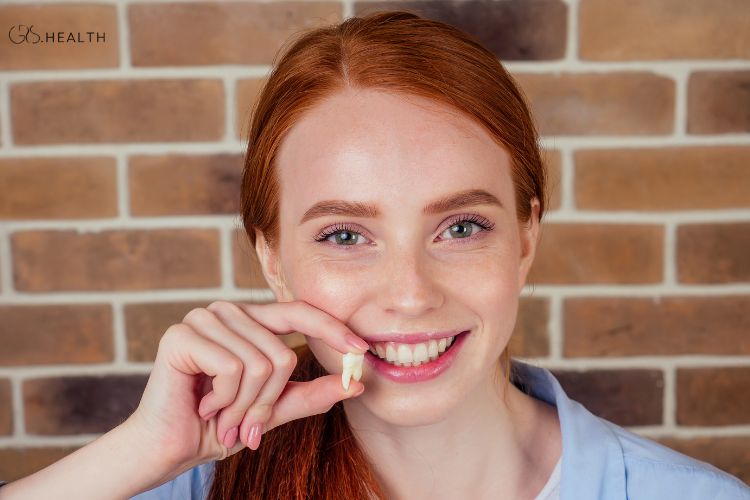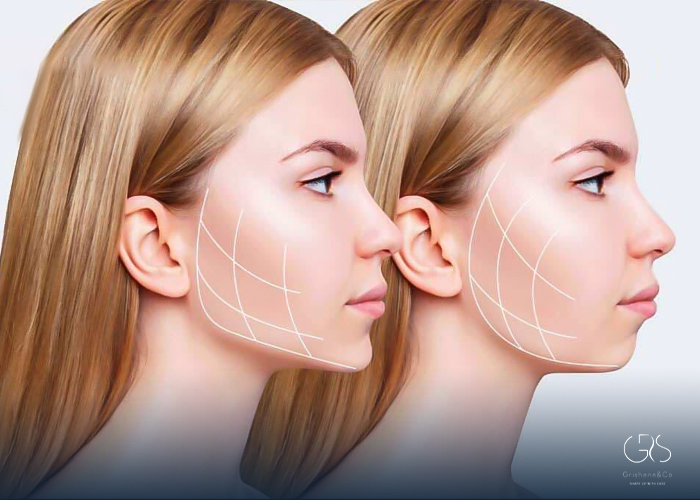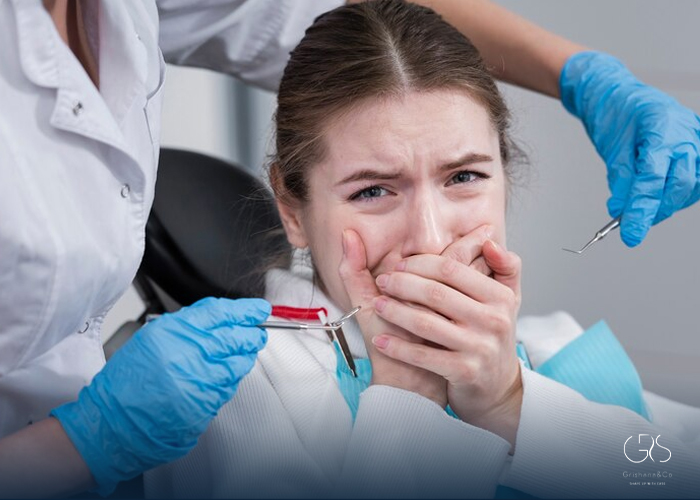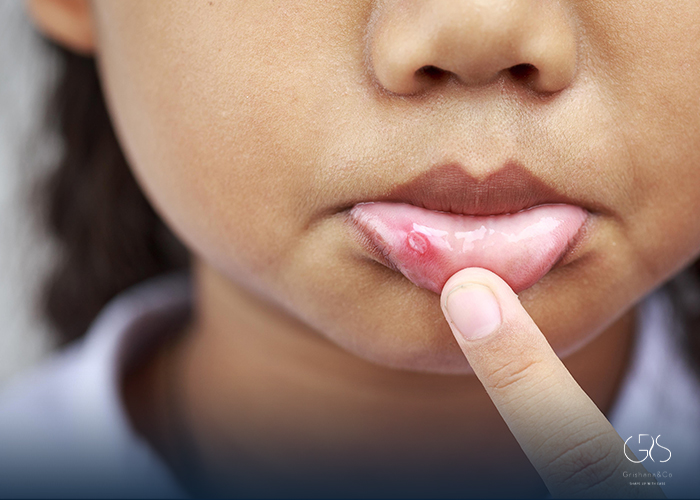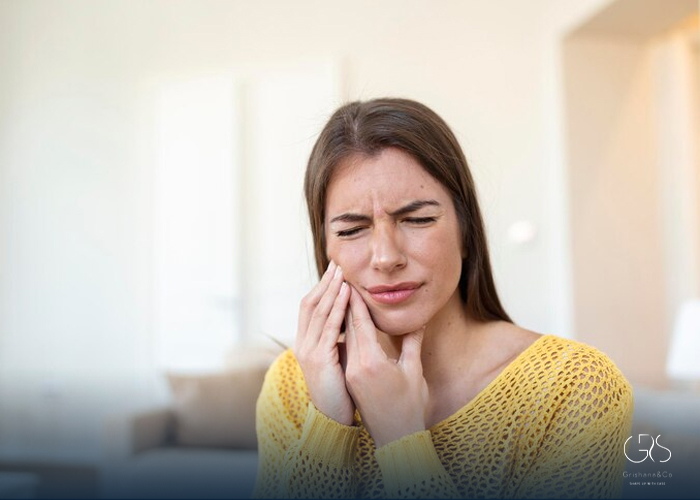Everyone wants to have a bright, beautiful smile. This is why many people turn to whitening toothpaste to achieve that desired look. While some people swear by whitening toothpaste, others have concerns about its safety and effectiveness. So, is whitening toothpaste bad for your teeth? In this article, we’ll explore the pros and cons of using whitening toothpaste and provide a comprehensive and unbiased look.
Pros of Whitening Toothpaste
1.Brightens Your Smile: The primary benefit of using whitening toothpaste is that it can make your teeth look brighter. Whitening toothpaste contains abrasive particles that buff away surface stains on your teeth, revealing a whiter, brighter smile.
2.Available Over-The-Counter: Unlike other teeth whitening methods, such as professional teeth whitening treatments, whitening toothpaste is easily accessible. You can find it in almost every grocery store or pharmacy, making it a convenient option for those looking to whiten their teeth on a budget.
3.Prevents Cavities: Many whitening toothpastes also contain fluoride, which helps prevent cavities. Fluoride works by strengthening your tooth enamel, making your teeth more resistant to decay.
Cons of Whitening Toothpaste
1.May Damage Your Enamel: One of the main concerns about using whitening toothpaste is its abrasive nature. The abrasive particles in whitening toothpaste can remove surface stains, but they can also wear away your tooth enamel. Over time, this can lead to sensitivity and weaker teeth.
2.May Cause Tooth Sensitivity: Another potential side effect of using whitening toothpaste is tooth sensitivity. The abrasive particles in whitening toothpaste can wear down your tooth enamel, exposing the more sensitive areas of your teeth. This can cause discomfort or pain when you eat or drink hot or cold items.
3.Can Be Ineffective: While whitening toothpaste can remove surface stains, it may not be effective in whitening deeper, more stubborn stains. If you have significant discoloration on your teeth, whitening toothpaste may not be the best option for you.
What Dentists Say About Whitening Toothpaste
Dentists have mixed opinions about using whitening toothpaste. While some dentists recommend it as a safe and effective way to brighten your teeth, others warn about the potential risks.
According to Dr. Matthew Messina, a dentist and spokesperson for the American Dental Association (ADA), the active ingredients in whitening toothpaste are generally safe for your teeth. However, he cautions that using abrasive toothpaste too frequently or for too long can wear down your enamel and lead to sensitivity.
Dr. Mark Burhenne, a dentist and founder of AsktheDentist.com, also warns about the potential risks of using whitening toothpaste. He advises that you should look for toothpaste that contains hydrogen peroxide or carbamide peroxide, which are gentler ingredients compared to abrasive particles.
Are There Safe Alternatives to Whitening Toothpaste?
If you’re concerned about the potential risks of using whitening toothpaste, there are other safe and effective ways to brighten your teeth. Here are some examples:
1.Professional Teeth Whitening: Professional teeth whitening treatments are a safe and effective way to whiten your teeth. Your dentist can use a special light or laser to activate the whitening gel, which penetrates your teeth to remove deep stains.
2.Whitening Strips: Over-the-counter whitening strips are an inexpensive alternative to professional teeth whitening treatments. They contain a low concentration of peroxide that gently removes surface stains from your teeth.
3.Charcoal Toothpaste: Charcoal toothpaste is a natural alternative to whitening toothpaste. It contains activated charcoal, which is a highly porous substance that can absorb surface stains on your teeth.
Conclusion about Whitening toothpaste effectiveness
So, is whitening toothpaste bad for your teeth? The answer is not a simple yes or no. While it can help brighten your smile, it also has potential risks that you should be aware of. It’s important to use whitening toothpaste in moderation, and talk to your dentist if you’re experiencing any sensitivity or discomfort.
Sources
- American Dental Association (ADA), Whitening Toothpaste: Does It Work?
- WebMD, Teeth Whitening: How it Works and What it Costs
- Mayo Clinic, Teeth Whitening: What Are Your Options?
- Colgate Oral Care Center, Teeth Whitening: What’s The Best Whitening Toothpaste For You?
- Healthline, Does Whitening Toothpaste Really Work?


